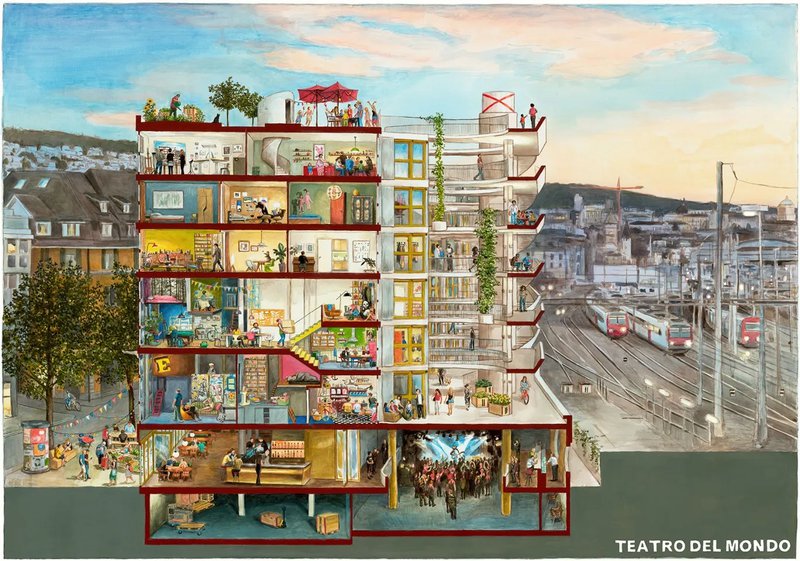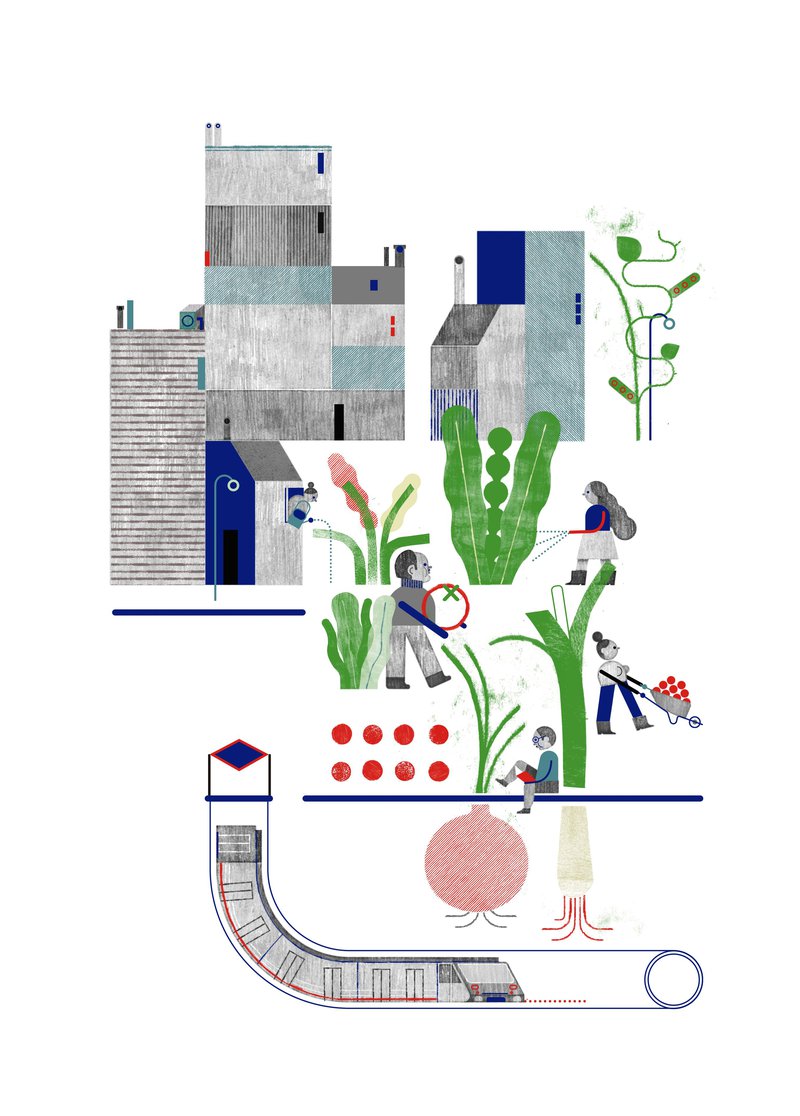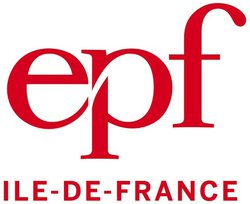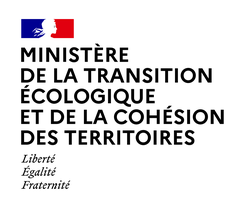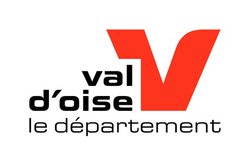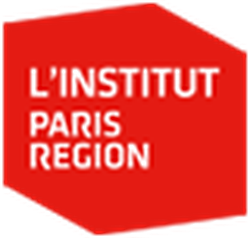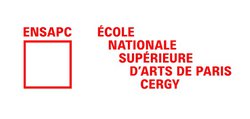Inhabit! Cohabit! Reinhabit!
The facts are clear: our planet is not inhabited in a sustainable way. To prove it, planetary limits identify the thresholds beyond which the Earth's natural balances could be destabilized and living conditions become unfavorable to humanity. With six out of nine limits crossed, the planet is now well beyond the safe operating space for humanity.
It is therefore vital to change the way we live collectively, in a way that is more respectful of living organisms, soils and water... The Paris region, like other major cities, is faced with major challenges: combating climate change and the collapse of biodiversity requires profound action on urban metabolism, transforming our modes of transport, and significantly slowing down the artificialization of our soils. A profound metamorphosis of our territories must take place without increasing the city's footprint, by building “the city on the city”.
At the same time, the inhabitants of the Île-de-France region are facing a particularly acute housing crisis. The housing supply is very inadequate, contributing to high rents and purchase prices. Against this backdrop, the Paris Region needs to provide more and better housing, while at the same time protecting the land from artificial development. Faced with this paradox, we need to reinvent the way we live in the world. The challenge is great: we must rethink our relationship with others.
What do our experiences and imaginations have in common: a square, a street, a neighborhood, a park or an inhabited house? These are places full of life, use, appropriation and care, where everyday, human-scale, handmade objects live side by side, which can be used alone or collectively, and which make us want to stop there, so much so that their hospitality and the care that the inhabitants give them envelops, reassures and attracts us.
On the other hand, there are many sterile, deserted, inert urban spaces: areas of environmental nuisance, inactive first floors, areas that are only alive at certain times of the day or week (shopping zones, business parks, dormitory districts)...
The international workshop “Inhabit! Cohabit! Reinhabit!” has invited students and young professionals from all over the world to reflect on and propose solutions to these key issues:
How can we re-inhabit, i.e. intensify human and non-human life, in a variety of territories: a large housing estate, a suburban housing development, a business park...?
How can we improve the qualities of living on the scale of a dwelling, a shared building, a plot, a block, a neighborhood, a bioregion?
How can we involve residents in these future transformations?
How can we share social bonds and common goods on a daily basis, giving people a sense of belonging to a wider community?
The workshop proposed to work on several scales (the region, the city, the district, the neighborhood...), and more specifically on the territory of Cergy-Pontoise, where the participants live and work. Cergy-Pontoise is a new town built in the 1970s at the instigation of the French government, in order to control the rapid urbanization of the Paris region by creating urban hubs on the outskirts of the city. The new town of Cergy is marked by a number of innovative urban planning principles and architectural diversity, and draws on the area's singular geography: the Oise River forms a loop and a natural amphitheater before flowing into the Seine.
As a result, the farming villages have seen their population increase tenfold and their appearance change drastically over the last fifty years. Today, these areas continue to be transformed: communes are developing new centers and changing lifestyles, planning to contain expansion and reconsidering the experimental neighborhoods they have inherited.
How can this pioneering territory evolve and welcome innovative ways of living, reconciling respect for the living environment and the well-being of its inhabitants?
The 42nd Cergy-Pontoise International Urban Workshop follows on from the 2023 workshop “Metamorphosis: Recomposing cities and territories in the face of the climate challenge”, at which participants were invited to work on land artificialisation and desirable density.
Find all the productions from the workshop on this page!
You'll also find in this page the manifesto written by the group of students from Teamwork, an initiative from the Eutopia university network and the CY - Cergy University with Les Ateliers: 7 students from all over Europe created a manifesto on "Welcoming all ages of life in our cities" during 4 weeks in July 2024.
documents
-
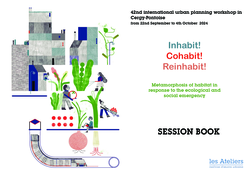
Inhabit! Session book
-
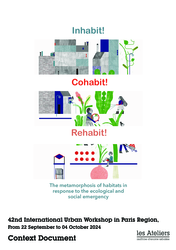
Inhabit! Context Document
-
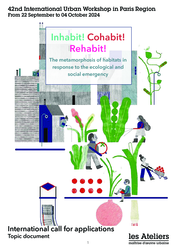
Call for applications - Inhabit! Cohabit! Reinhabit!
-
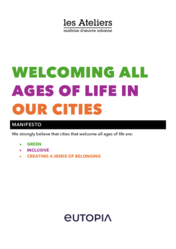
Teamwork: Manifesto "Welcoming all ages of life in our cities"
-
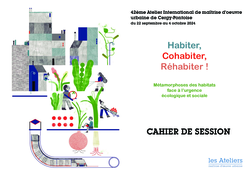
Atelier Habiter, cohabiter, réhabiter - Cahier de session
-
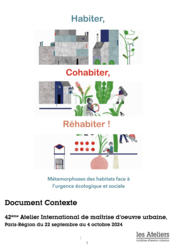
Atelier Habiter, Cohabiter, Réhabiter - Document contexte
-
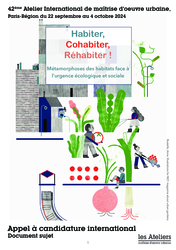
Habiter, cohabiter, réhabiter! Appel à candidatures 2024
staff
Pilots:
Bénedicte Delataulade, Sociologist
Valérie Helman, Lecturer in architecture and landscape studies
Workshop team :
Véronique Valenzuela, Geographer, Project Director
Simon Brochard, Geographer, Project Coordinator
Victoire Bayle, Management and Communication
Pauline Simone, Architect, Pilot Assistant
Mathilde Huet, Assistant
Marilou Zapata, Urban planner and jurist, Intern
Workshop image:
Ana Bustelo, spanish artist for Les Ateliers de Cergy 2024
Title of the image: Huertos urbanos


